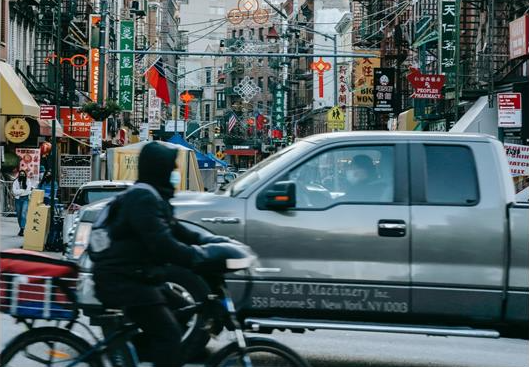Everyone is going crazy about Chinese online shopping, but there are still a lot of preconceptions associated with the products. Here are 5 myths that keep you from saving money on gadgets and cosmetics.
- They’re cheap because they’re of poor quality
Myth: If a product is cheap, it means it will fall apart in a week.
Fact: Low prices are not always due to poor quality.
The Chinese economy allows them to set low prices. Wages in China are much lower than in most Western countries: Currently, the minimum monthly wage of employees in the U.S. for similar work is an average of $176 for one eight-hour shift. To compare: in Italy, it is $1,500.
And that’s not the only savings. China’s tax system allows manufacturers to deduct from the VAT of goods the tax costs for the period of production. Also, China is a country with the largest retail market, which forces companies to actively compete with each other and set low prices.
This means that the low cost of goods does not always indicate poor quality. But it doesn’t hurt to check it once again – user reviews help.
- Take to long to arrive
Myth: Goods from China take more than a month to arrive and often get stuck in customs.
Fact: It does take some time to deliver goods from China, but technologies have made waiting a little bit easier. For instance, you can use SpeedPAK tracking to track your goods. Also, using the right shipping company is a good idea. SpeedPAK shipping service, for example, is integrated with eBay, which often contributes to faster delivery.
No one wants to wait a few months to get a protective glass for one’s phone, earrings, or a thermos. But you don’t have to. First, now you can easily calculate when you’ll get the package. And if you need the goods urgently, you can speed up the process for a small fee.
- Cosmetics from China are dangerous to the health
Myth: the Chinese use toxic, dangerous to health substances.
Fact: The production of cosmetics is controlled at the state level.
The safety of ingredients in cosmetics in China is monitored by the Food and Drug Administration. 1,200 ingredients, including arsenic, lead, and cadmium, are prohibited by law. To be sure there are no toxic ingredients, read the contents of the product on the online store’s website before ordering, or opt for branded cosmetics.
- Everything Chinese is fake
Myth: In Chinese online stores you can only find fake versions of branded items or fake technology.
Fact: There are independent Chinese brands with a worldwide reputation.
Fakes however do appear in online stores: in 2016, for example, they were flooded with lipsticks from Kylie Jenner for $1.50. However, that’s only part of the market. China produces more than two trillion dollars worth of goods every year. This includes things from companies with big names: gadgets from Xiaomi, ZTE, Lenovo, Huawei, TCL, and other Chinese brands, which have long been present in the global market and are now overtaking such giants as Apple and Samsung in terms of sales.
Branded Chinese electronics are sold in online stores on a par with inexpensive goods.
- It’s easy to get the wrong size because clothes in China are made for people who are smaller in height and bulk
Myth: Without trying on, it’s impossible to choose the right size of clothing or shoes.
Fact: Sellers in online stores add a size chart to product descriptions.
In reality, it is easy to find the right product. You only need to know your exact parameters, and not be guided by the letters S, M or L. Now, with the descriptions of clothing and shoes, sellers attach more detail. For example, for jeans, the length of the leg, waist, and hip will be indicated; for a shirt, the size of the chest and waist; for footwear, shoe size.







Click here to change your cookie preferences